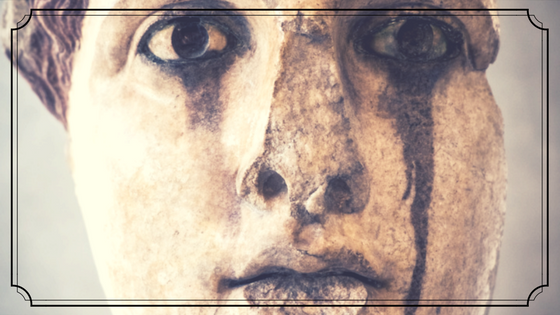In school my mom had me keep a copybook—a notebook filled with favorite or classic quotations, poems, and excerpts from books, all copied out in my best handwriting. Even though she reads this blog and it might go badly for me, I must admit that I didn’t enjoy this, at least not until halfway through high school. In college, though, I found myself still keeping a copybook of sorts, as I would jot down powerful or poignant lines from the literature I was reading in class.
In reading Elizabeth Goudge’s A Book of Comfort I got the distinct impression that this was her copybook. It’s the first of her collections that I’ve tried, and although it’s not technically her writing, the experience of reading it was similar. One has to approach a Goudge novel (and collection, apparently) with patience, allowing it to unfold until one can appreciate its meaning.



















